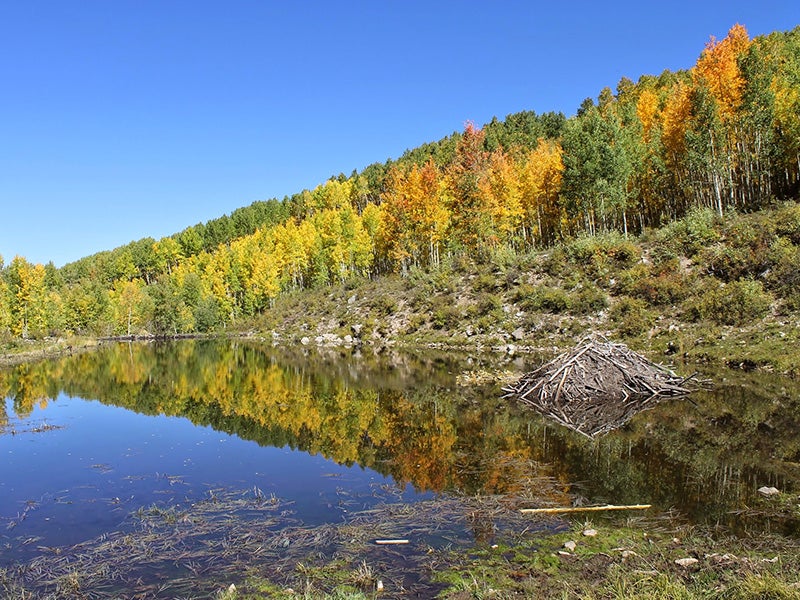Challenging Smoky Canyon Mine Expansion Permit
The mine requires digging up massive amounts of selenium-bearing rock to access the phosphate ore. Selenium is a mineral that can cause deformities and death to animals and is a known threat to humans. Selenium pollution has killed trout, livestock and untold wildlife.
Clients
Regional Office / Program
Case Overview
Earthjustice challenged a permit allowing expansion of the Smoky Canyon phosphate mine into roadless areas of the Caribou-Targhee National Forest in southeast Idaho. The mine is already listed as a federal Superfund site due to toxic pollution of area waters from past mining activity. Expanding the mine will likely create additional pollution in southeast Idaho springs and streams. The mine expansion would enlarge the existing mine’s footprint into more than 1,100 acres of public lands containing pristine roadless forests.
The mine requires digging up massive amounts of selenium-bearing rock to access the phosphate ore. Selenium is a mineral that can cause deformities and death to animals and is a known threat to humans. Selenium pollution has killed trout, livestock and untold wildlife since first being documented in southeast Idaho more than two decades ago.
In June 2008, the Bush administration authorized expansion of the mine even though Forest Service and the federal Bureau of Land Management scientists questioned the science and the proposed practices in the expansion plan. In December 2010—after two years of heated litigation by Earthjustice—a divided panel of the Ninth Circuit Court of Appeals voted 2–1 to uphold the agencies’ decision and allowed the mine to proceed.

Case Updates
Case page created on April 13, 2009.
